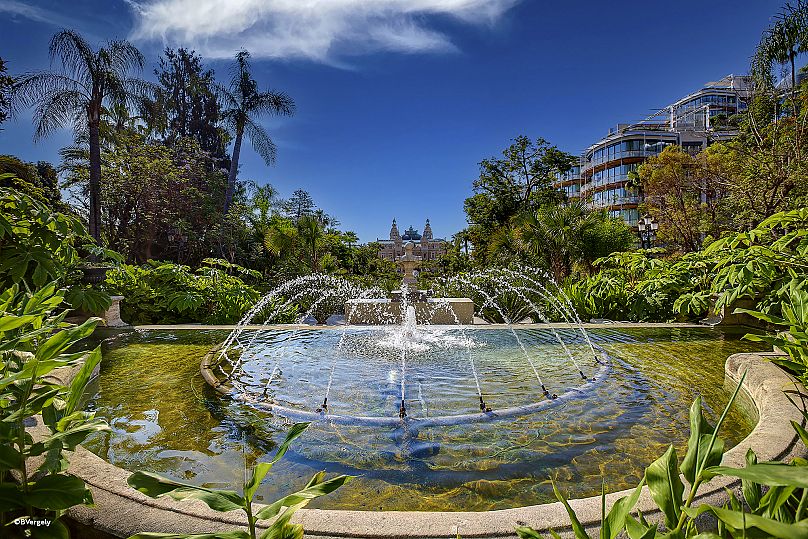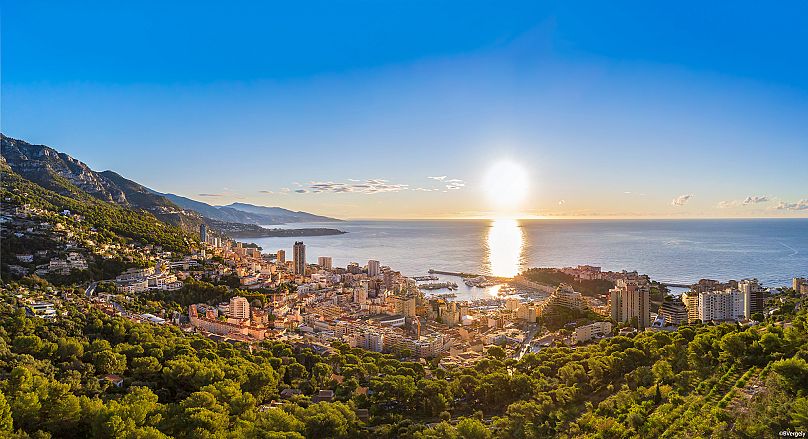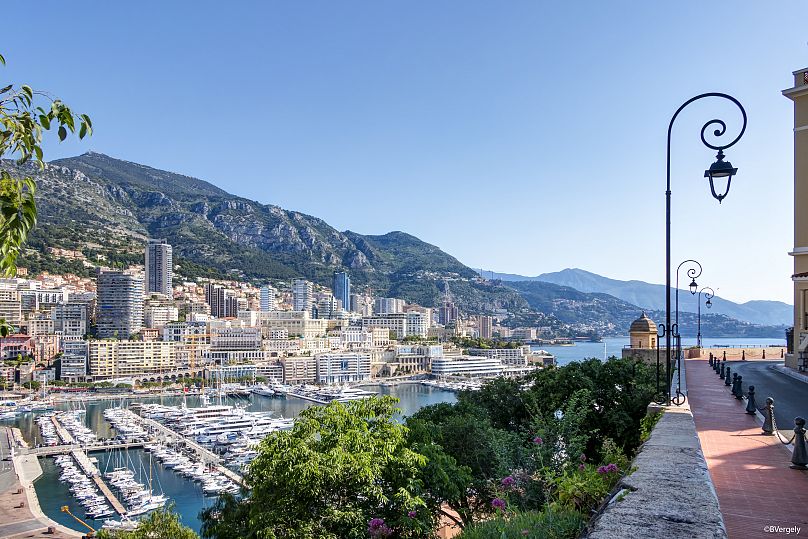As a destination committed to sustainable development for decades, and even more so since the accession of HSH Prince Albert II in 2005, the Principality of Monaco has pursued a strong policy in this area both nationally and internationally. The principality has thus taken on the responsibility of ensuring that the revival of tourism is also an opportunity for a rethink, taking full account of the positive and negative impacts of the sector.
In 1906, Prince Albert I created the Oceanographic Institute. A pioneer in environmental awareness, the explorer prince encouraged people to “know, love and protect the oceans”. On his accession in 2005, almost one hundred years later, HSH Prince Albert II demonstrated his commitment and that of the Principality to protecting the environment.
Two months after leading an expedition to the North Pole in April 2006, the prince created The Prince Albert II of Monaco Foundation with three priorities: climate change and renewable energies, biodiversity and water-related issues.
The prince is thus striving to continue the mission instituted by his great-great-grandfather, and has committed the principality to reducing its greenhouse gas emissions by 55% by 2030 compared to 1990 levels and to achieving carbon neutrality by 2050. The objective is an ambitious one and requires the support of everyone within this 2-km² territory.
Among the sectors of the economy that are committed to following the environmental policy established at the highest level of the state and put into practice by the prince’s government, the tourism industry is playing its part and all stakeholders are committed to more responsible tourism.
This starts with hotels, which have been at the forefront of this process and have developed a successful environmental certification policy over the years. Today, Monaco has 2,202 Green Globe, Green Key or Planet 21 certified rooms, in other words, almost 9 out of 10 rooms in which concrete solutions have been implemented and developed to reduce their ecological impact. The main areas of improvement concern water management, energy savings and the labels they hold.
As one of the most dynamic areas of activity in terms of environmental protection, the Monaco tourism sector reiterated its commitment along with the Tourism and Convention Authority and the Mission for Energy Transition by signing the Energy Transition Pact in March 2018.
In order to achieve the principality’s ambitious objectives, tourism is also focusing on other areas, such as urban travel, so that locals and visitors alike can benefit from mobility that is both smooth and environmentally friendly. Today, Monaco has 390 electric bicycles at 42 stations, a 100% electric car-sharing service, more than a hundred public lifts, escalators and travelators to encourage walking, a fleet of buses running on Diester and a solar-powered electric boat bus.
In addition to hotels, more and more restaurants are committing to a responsible approach. The principality’s culinary offer is as rich as it is sustainable and, from Michelin-starred restaurants to brasseries, all stakeholders are getting involved. From the “Conscious Restaurant” label, which works to reduce and sort rubbish and combat food waste, to the “Mr Goodfish” label, a European programme that aims to raise awareness among the public and professionals about the sustainable consumption of seafood, initiatives are multiplying.
A pioneer in organic gastronomy, the Elsa restaurant at the Monte-Carlo Beach hotel is setting an example by being the first 100% organic and wild fishery restaurant to be awarded a Michelin star and to be certified Ecocert level 3. The cuisine is seasonal, local and organic for sublime flavours and wonderful health benefits.
The principality also ensures that regional planning policies are in line with the country’s major commitments. In terms of respecting biodiversity, Monaco pays particular attention to the development of its territory, within which there are three marine protected areas and almost 1,000 heritage trees. A forerunner in the field of deep-water heat pumps, inaugurated in 1975, the principality has been moving towards multiple solutions for some years and has 8,000 m² of photovoltaic panels, equivalent in size to a football pitch.
Today, more than ever, tourism is reinventing itself to become more responsible. And if the notion of sustainability is important, that of regeneration must be paramount. The objective of this sincere and comprehensive approach is no longer to minimise the negative impact of a trip but to ensure that it has a positive economic, social and cultural impact and that it benefits the visitors, stakeholders and local populations concerned.
It is in this context that the destination is launching the Livre Blanc du Tourisme Responsable (“Responsible Tourism White Paper”). Initiated at the end of 2020, this tool, which will enable all good practices to be recorded, will act as an inventory of the tourism sector. It is a reflection carried out by the Tourism and Convention Authority in conjunction with all the stakeholders in Monaco tourism, the Environment Department, the Mission for Energy Transition and François Tourisme Consultants. This reflection will lead to a Strategy for Responsible Tourism in line with the Sustainable Development Goals set by the UN and the principality's Energy Transition targets.




